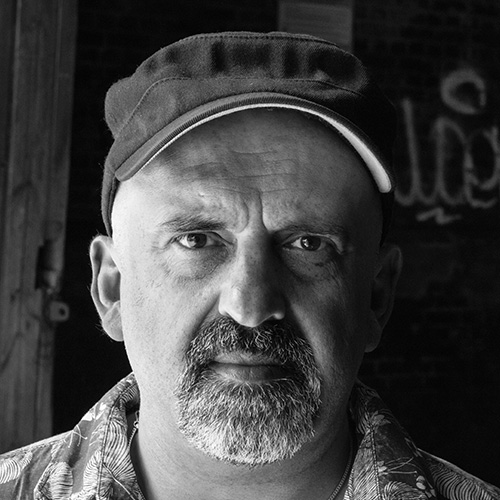Amitt Bhatt is a journalist from India seeking asylum in the UK on human rights grounds. He fled India after investigations into corruption by the government put him and his family under threat. The Home Office decision to refuse his asylum application is being appealed against at an Asylum and Immigration Tribunal in Manchester on the 14 March.
Bhatt is a Kashmiri Pandit, native of the Kashmir valley in India which he and his family were forced to flee in 1990 when the Kashmiri Insurgency came to a head. His knowledge of human rights abuses committed during that insurgency led him to write three books about them: Cryashmir, Kashmiri Pandits – Victims of Betrayal and Deception by the Indian Government and Lies and Genocides of the Indian Government. Currently there is an attempt being made to ban two of Bhatt’s books through the Indian courts.
The National Union of Journalist’s (NUJ) Manchester and Salford Branch is leading a campaign, in support of his case, called ‘Amitt Bhatt must Not Be Deported’. The campaign website describes how Bhatt was arrested by Indian police in 2011 because of his investigative journalism work and then tortured and beaten for over a month before his escape. After three years as a fugitive in his own country, he left India and claimed asylum in the UK in 2014. The NUJ Manchester and Salford Branch states:
“If Amitt was to be returned to India, it is extremely likely, given the current situation in the country, that he would face persecution, arrest, physical assault, torture or even murder for exercising his right to freedom of expression through his journalistic work. He should be given asylum in the UK where he can work in safety.”
India is a very dangerous place to practice journalism, as previously reported in The Meteor. According to the Committee to Protect Journalists (CPJ), India is the 9th deadliest country in the world for journalists. Forty deaths have been recorded in India since 1992 in which the deceased’s work as a journalist was confirmed as a cause; there were also 26 deaths with unconfirmed motives.
Of these deaths 68% were due to murder. But, in a particularly damning statistic for the Indian justice system, for 96% of those victims there is no justice. The murderers are either brought to court and found not guilty, or no one is charged at all. India has had a spot on the CPJ’s impunity index for 8 years straight and currently ranks 14th.
A petition supporting Bhatt’s case has already reached 500 signatures. The NUJ Manchester & Salford Branch will be present at the tribunal and ask others to join them at 12:00 on Tuesday 14 March to show their support. The tribunal will be held at the Asylum and Immigration Tribunal, 2 Piccadilly Plaza, Mosley Street, Manchester, M1 4AH.
Conrad Bower
Featured image via Wikipedia Commons (Indian and UK flags) and NUJ Manchester & Salford Branch


Leave a Reply